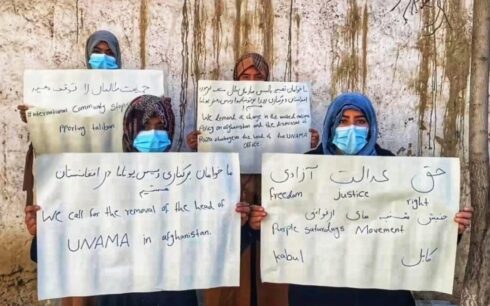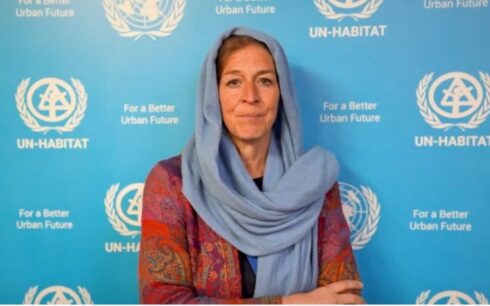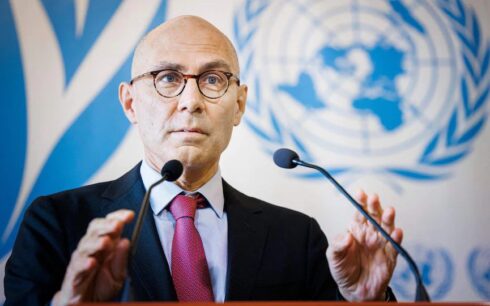Since the Taliban’s takeover of Afghanistan in August 2021, the country has witnessed pervasive human rights abuses, according to a report by the Global Centre for the Responsibility to Protect.
The report highlights that Afghan civilians continue to face threats from both the Taliban and other extremist groups.
The Taliban have reportedly targeted journalists, civil servants, human rights defenders, and individuals associated with the former Afghan government. These violations are described as widespread and systematic.
“Efforts by the Taliban to exclude women and girls from social, economic, and political spheres, including institutionalized large-scale gender-based discrimination and violence against them, likely amount to gender persecution, a crime against humanity,” the report states. It also notes that ongoing restrictions on fundamental freedoms and a culture of impunity for both past and present abuses create an environment conducive to further violations of international law and atrocities.
Activists have echoed these concerns, noting the severe impact on women’s rights since the Taliban’s rise to power. “The Taliban are enemies of humanity. If anyone, especially women, raises their voice for their rights and stands against this group, they are harassed, tortured, and thrown into dark prisons,” said Neha Sahra, a civil rights activist.
The situation has also led to a rise in mental health issues among Afghan women and girls. Medical professionals report an increase in disorders such as depression and anxiety, exacerbated by the Taliban’s restrictions and the country’s economic and political instability. “Due to recent developments and economic factors, we see a significant increase in mental health issues among women, even among the educated,” a doctor said.
A resident of Farah province, who requested anonymity, expressed despair over the restrictions. “I am craving that I would have been able to receive my graduation certificate the same as the boys. I am living in a state of uncertainty,” she said.
The Global Centre for the Responsibility to Protect also underscored the systematic attacks by Daesh and the Taliban against ethnic and religious minorities, adding another layer to the ongoing human rights crisis in Afghanistan.





